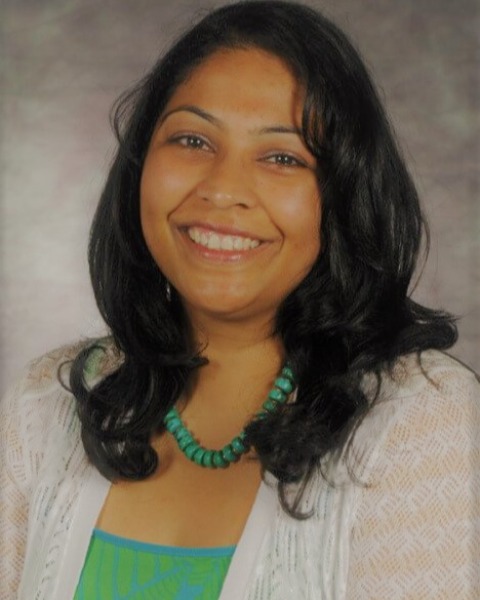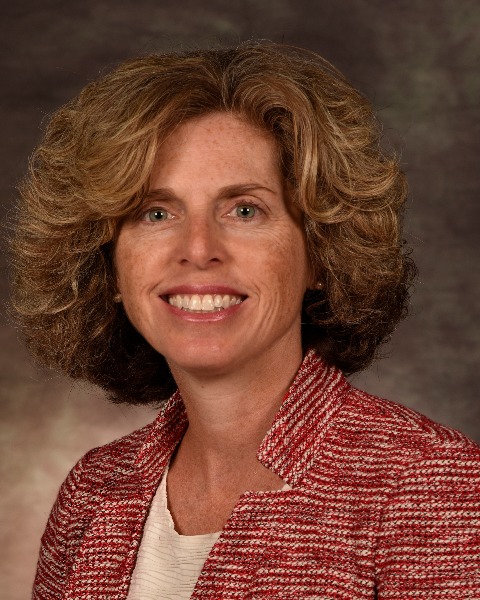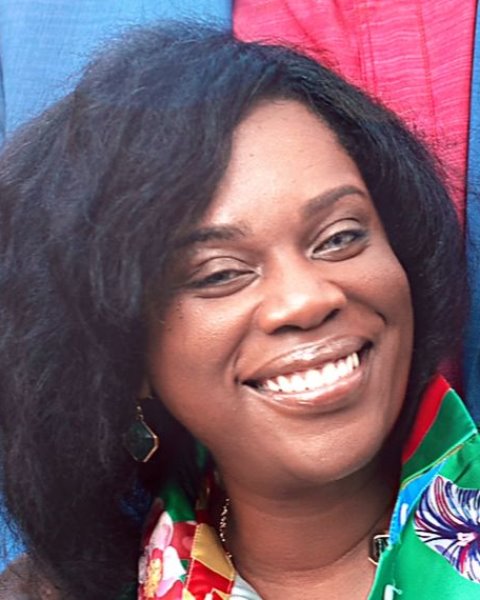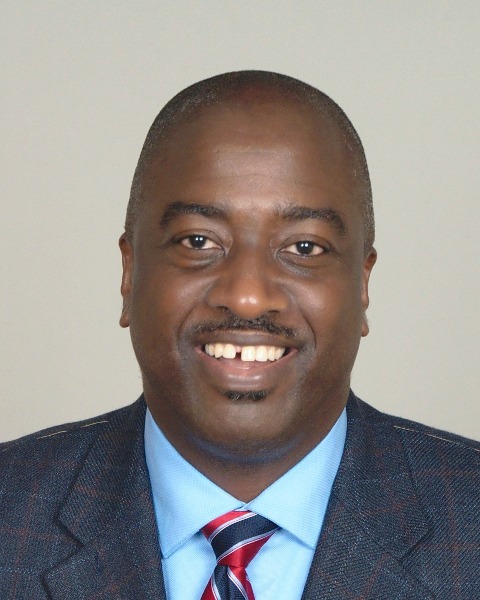Advocacy Pathway
Community Pediatrics
Diversity, Equity and Inclusion
Health Equity/Social Determinants of Health
3530 - Discrimination does not Discriminate: Exploring the Health Impact of Intersectionality
-

Rita Nathawad, MD
Associate Professor of Pediatrics
Pediatrics
University of Florida College of Medicine, Jacksonville
Jacksonville, Florida, United States -

Elisa Zenni, MD
Professor of Pediatrics and Interim Senior Associate Dean for Educational Affairs
Pediatrics
University of Florida College of Medicine - Jacksonville
Jacksonville, Florida, United States -

Chanda Jones
Senior Case Coordinator
Pediatrics
University of Florida
Jacksonville, Florida, United States -

Fola Odetola, MB ChB, MPH
Associate Professor
University of Michigan Medical School
Ann arbor, Michigan, United States
Leader(s)
Co-Leader(s)
Discrimination, whether it be racism, sexism, classism, ableism and the list could go on, are rampant in society today. These are all public health threats and are hindering our capacity as pediatricians to optimize the health and well-being of the children, youth and families for whom we care. In medicine we have a tendency to organize topics into categories and approach them in this way. There are separate best practices and guidelines for caring for individuals living with disabilities and for gender and sexual minority youth. Most recently as a discipline we have been focused on ways to address racism and its impact on the lives of our patients and families. Rarely do we consider that individuals may be facing multiple layers of discrimination, requiring a deeper understanding of their lived experience in order to best serve them.
The term, “intersectionality”, was originally coined in 1989, by Professor Kimberle Crenshaw, to depict how race, class, gender, and other individual characteristics “intersect” with one another and overlap, to create different forms of discrimination. It is critical that we consider the cumulative impact of these different categories and also recognize that they may give rise to unique multidimensional states of oppression and disparities. In this workshop, participants will develop the skills to utilize an intersectionality lens in their professional work and to partner with patients and families as they explore the impact of these intersecting forms of discrimination.
